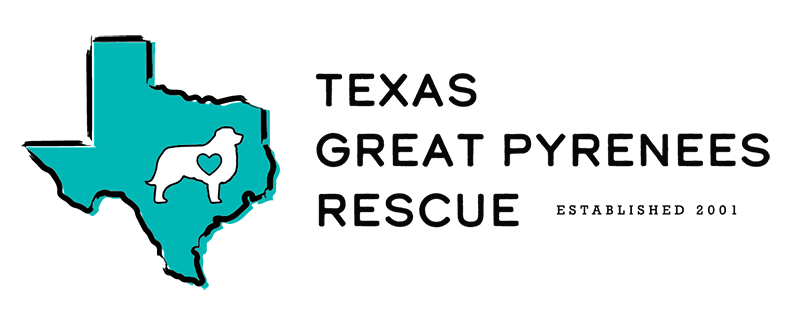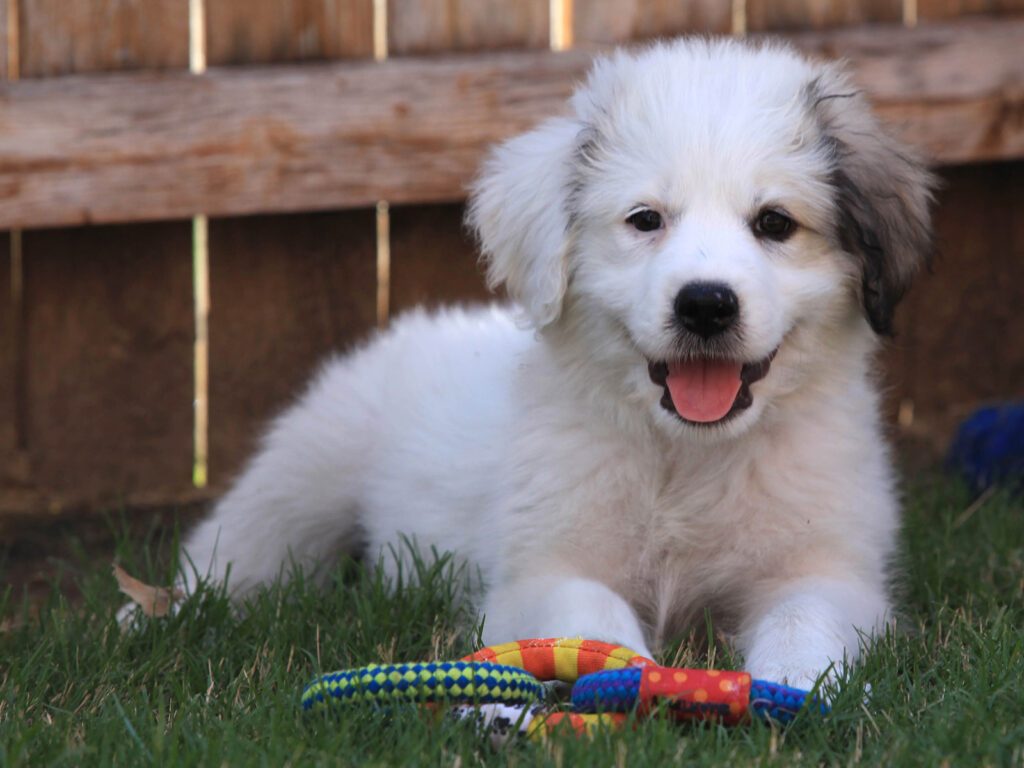Save a Life
TGPR is a not-for-profit rescue group that is run by volunteers. We accept Great Pyrenees and Pyr rescues within the state of Texas. We do not have kennels or a shelter facility. Great Pyrenees are regal animals who do not thrive in a shelter environment. Most of the shelters in Texas will contact TGPR when they receive a Great Pyrenees as it is difficult to adopt out large breed dogs to appropriate adopters. We strive for all TGPR dogs to be with fosters in a home environment. This prepares them for a happy life with approved TGPR adopters.
Each Pyr’s intake story is unique. Some are surrendered to the rescue by their families due to death, divorce, or financial concerns. Some have suffered from abuse and neglect. Some have been abandoned and left to survive on their own. Some are badly injured and need emergency surgery. They need time to heal physically and emotionally and to know that they are safe and loved. Fosters provide a safe haven where these Pyrs get plenty to eat, healthy exercise, and positive interaction with other dogs, cats, and people.
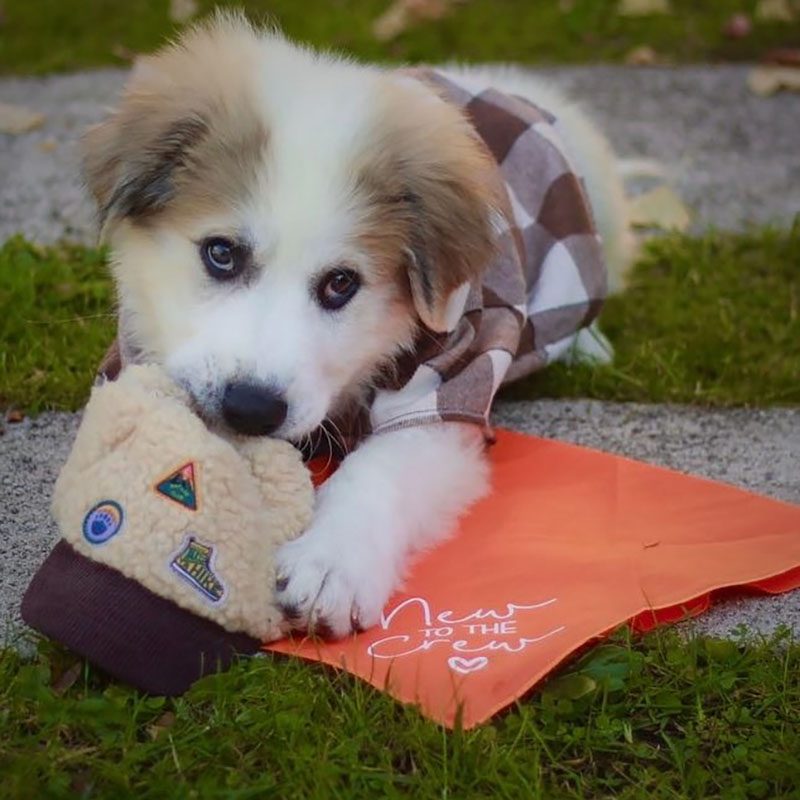
What Does it Take to Be a TGPR Foster?
Fosters are as individual as the dogs they invite into their lives. Usually, TGPR fosters have had experience living with dogs, especially large ones. However, that is not always the case. Sometimes, a person who loves this breed will ask to foster, even if they have never had a Pyr before. Some are single people. Others have families with kids and other dogs and cats. Some work from home; others have a regular 9 to 5 job. Some live in rural areas, some in suburban neighborhoods, and some even live in apartments or condos.
All of them are responsible individuals with big hearts who commit to give their time to the task of finding a great home for their foster dog. Some fosters prefer to help only senior dogs or medical cases,. Others love mama dogs and puppies. Many help a sad dog who has had a rough time but blossoms with positive experiences. Our fosters come from all walks of life-young singles, families, empty nesters and everything in between!! The one unifying factor is the desire to rescue a dog and help it become its best version of itself.
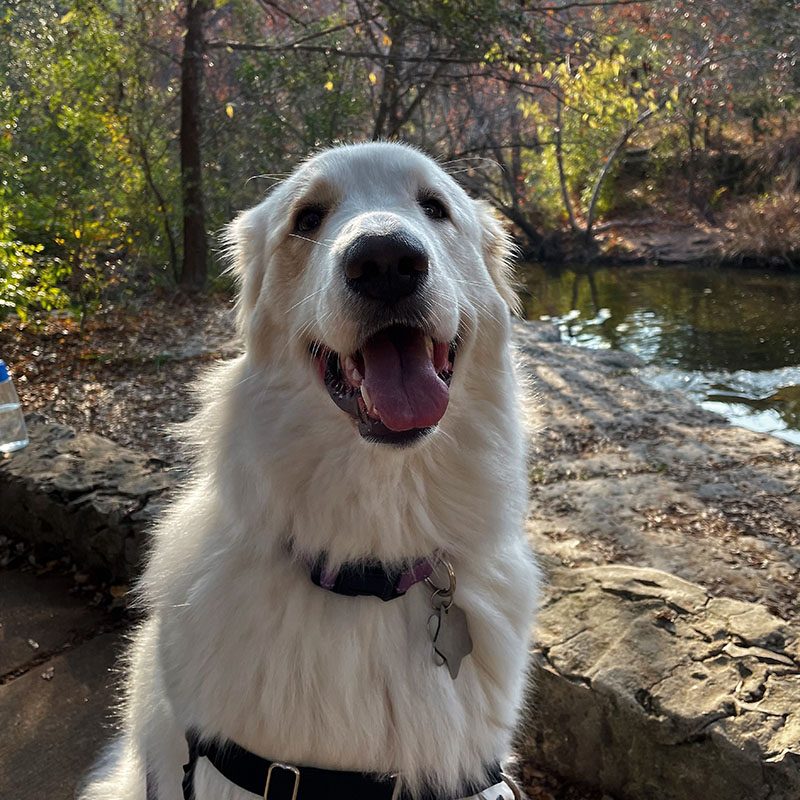
Our fosters are often experienced in the breed. TGPR is committed though to helping fosters that are new to the breed. Pyrs do have some personality quirks that are unique to the breed. We are committed to supporting all fosters so that your experience is positive.
Foster Responsibilities
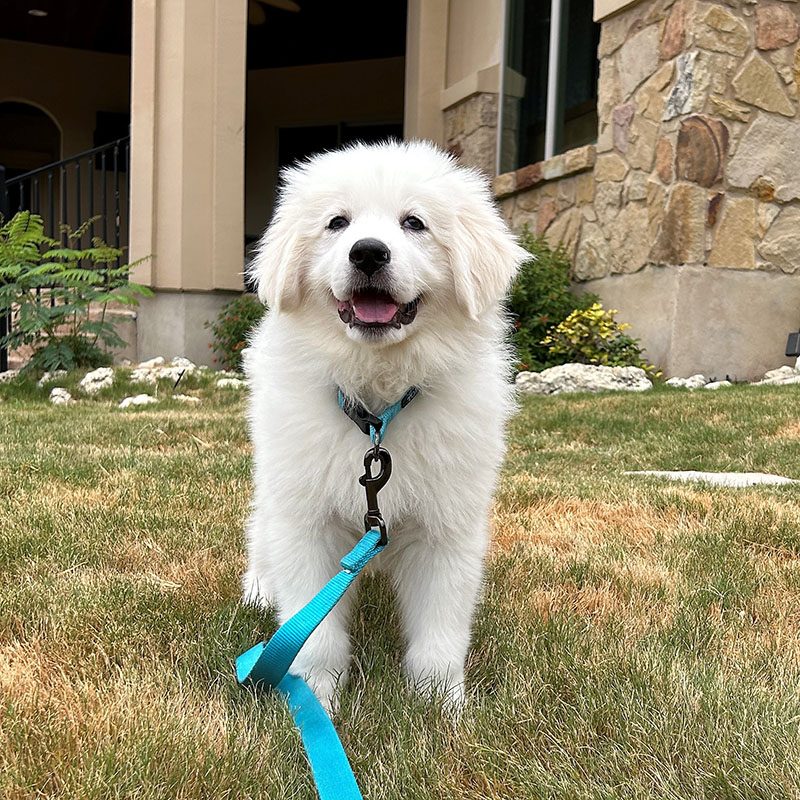
Placing a Foster Dog in a Home
Helping a Great Pyrenees is a journey with a rescued dog. Before a dog is placed in a foster’s home, the Area Coordinator for that region will discuss the dog with the foster to make sure it is a good fit in that home. The fosters agree to provide adequate shelter in their home for the dog. The dog is treated like a family pet. Healthy food and clean water are the responsibility of the foster. When TGPR receives quality donated dog food It is shared with all fosters.
Fosters also agree to report to their Area Coordinator on the dog’s progress, including photos and social media posts. TGPR asks fosters to expose the dog to a variety of situations (i.e., children, strangers, other dogs, cats, etc.) to prepare the dog for its “forever home”. It doesn’t take long to figure out if a foster dog is confident and happy or if additional help and training is needed. Fosters are always supported in this by their local coordinator and the whole TGPR board.
Medical Needs of a Foster Dog
All TGPR dogs receive a veterinary exam at intake. A 10-day “good health” hold is required before a new dog can be adopted. TGPR supplies fosters with monthly flea, tick, and heartworm prevention as well as any vaccinations and tests that are needed.
These include:
- Rabies vaccination as required by law
- DA2PPvLCv/Bordetella vaccination
- Heartworm testing (4DX blood test)
- Worming for intestinal parasites
- Spaying/neutering
Should other medical needs be necessary, TGPR will usually pay for those as well. However, the rescue requires that fosters communicate any medical concerns with the Area Coordinator before making veterinary appointments. The one exception would be a life and death emergency where swift action is critical.
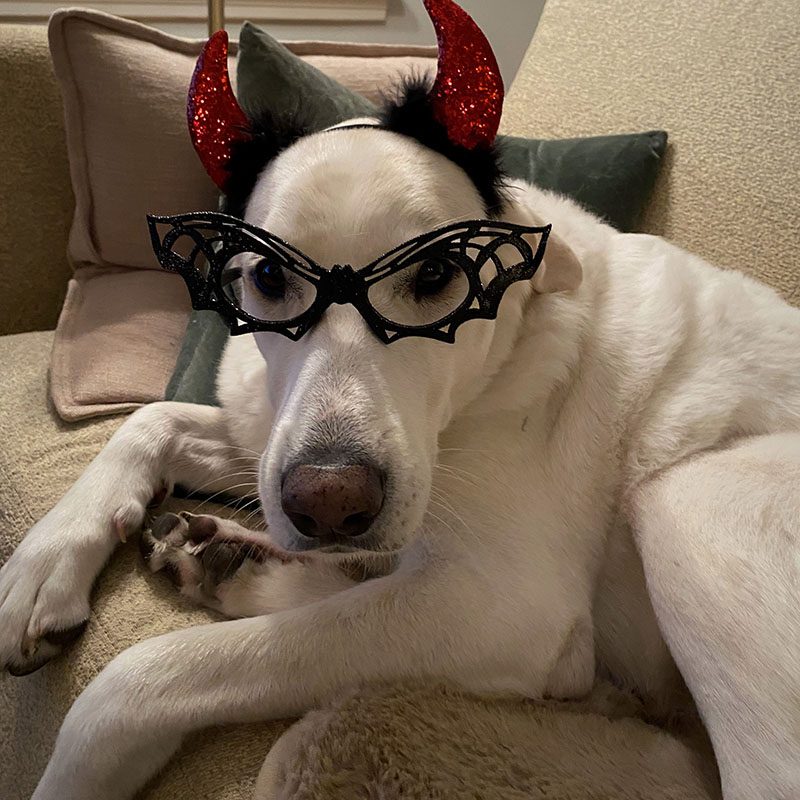
Helping Adopters Know Your Foster
Fosters are expected to advocate for their foster dog and to see that he or she gets public exposure at TGPR meet and greet events. Fosters are also encouraged to post updates about their dog on the TGPR Facebook page. Adoption applicants ask about available TGPR dogs that they can see, whether in person or on social media.The before and after pictures of many TGPR rescues are amazing. In a short time, a sick and malnourished Pyrenees, with a badly matted coat can become a confident, regal and beautiful dog.
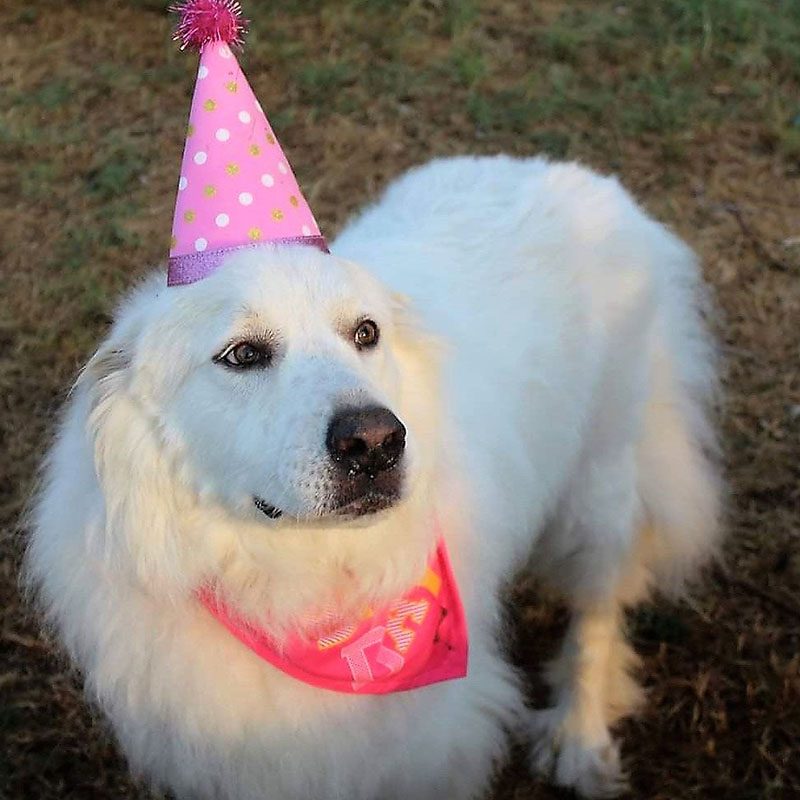
Fostering for the Long Run
TGPR expects that fosters will agree to house their foster dog until the right adopter is found. With a small puppy, this can be a very short term situation. For a dog who is recovering from surgery, or learning to trust, this can take months. We know that dogs need time to decompress and become comfortable in a foster home. It is upsetting for fragile dogs to be transferred from foster to foster. So we ask TGPR fosters to agree to stand by their foster dog until adoption occurs. Sometimes, our fosters fall in love with the dog in their care, and decide to adopt the dog themselves. That is a wonderful outcome for the foster and the lucky dog who earns a place in that family.
Dogs currently in Boarding
Boarded dogs are the bane of our existence. TGPR spends approximately 5K a month housing dogs that have special needs. None of these dogs are people aggressive. but several of them need “one dog families”. Sadly some of these dogs have been in boarding for more than two years. Because they are great people dogs, we cannot imagine euthanizing them. Please know that the boarding facilities are great with our dogs- the dogs are very loved in the
“family” they have; it’s just not the same as a family of your own.
Please, as a member of the TGPR community, help us find a home for these dogs Some of these dogs are coming into their senior years and we are desperate to find them a home. I cannot tell you how much it tears at our collective hearts, that we have not found a solution for these pups. If you have some ideas, PLEASE email us at [email protected]. We are open to any reasonable suggestions.
Click on the images below for information specific to each available dog.
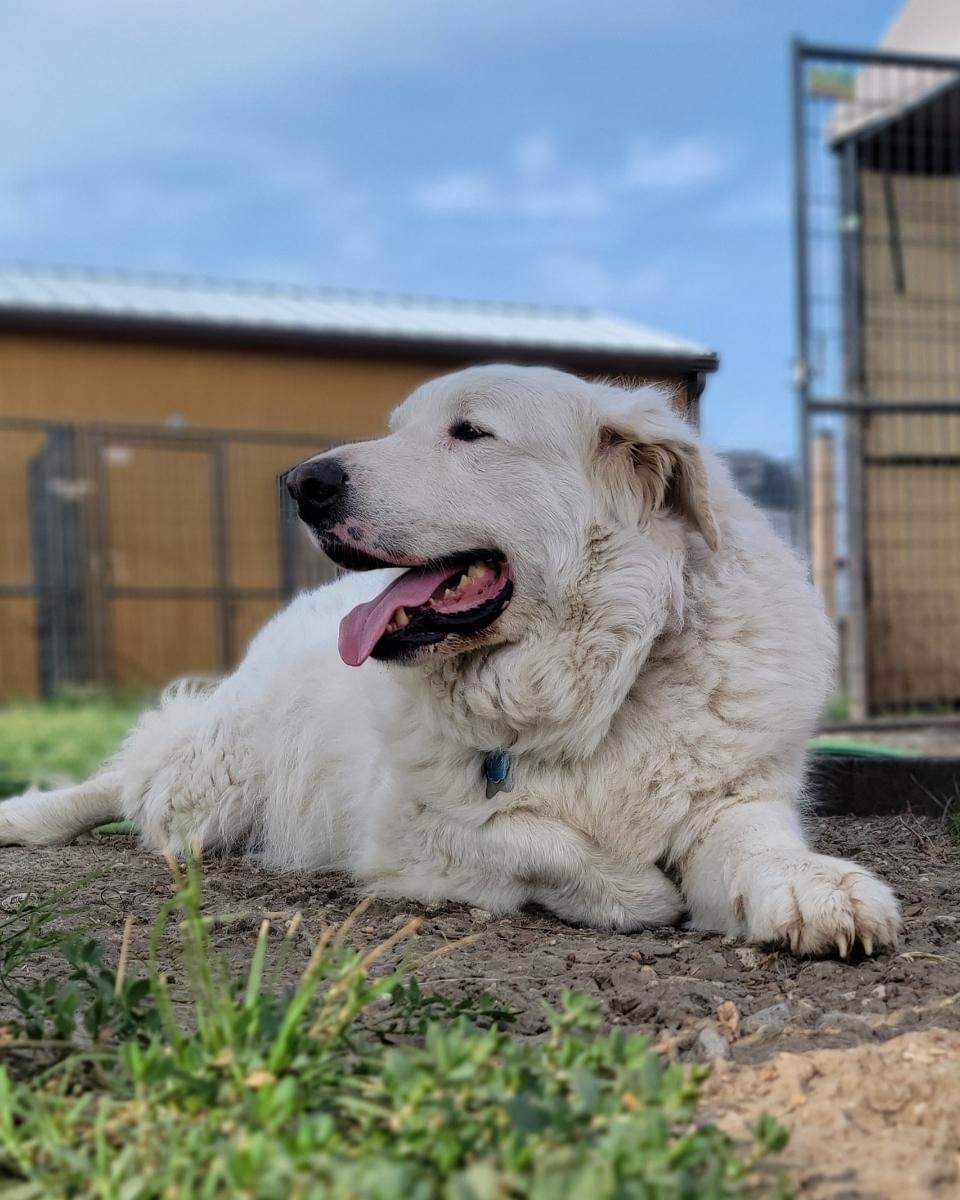
Boogie Woogie
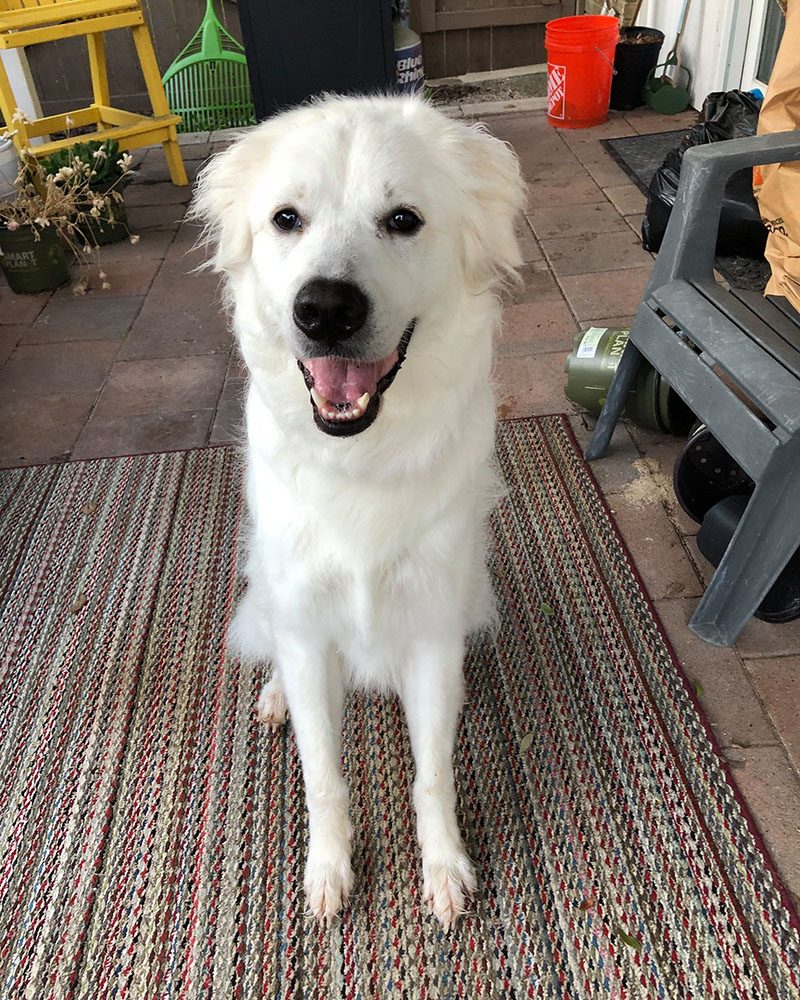
Zoey Yvette
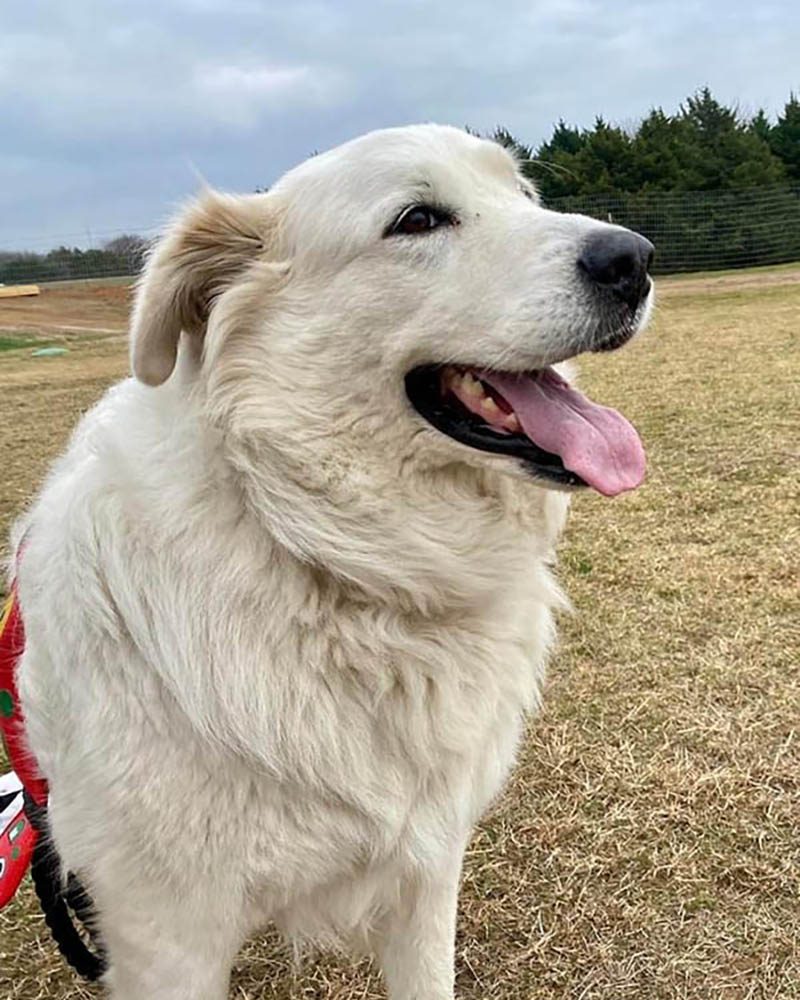
Koda Leigh
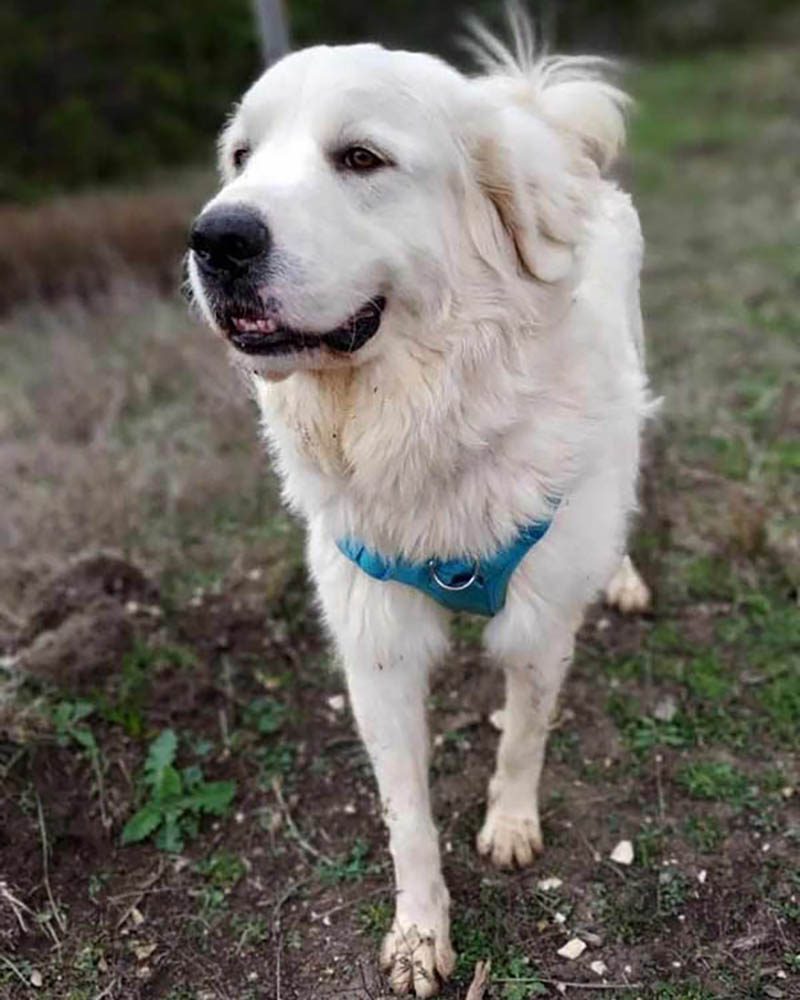
PJ
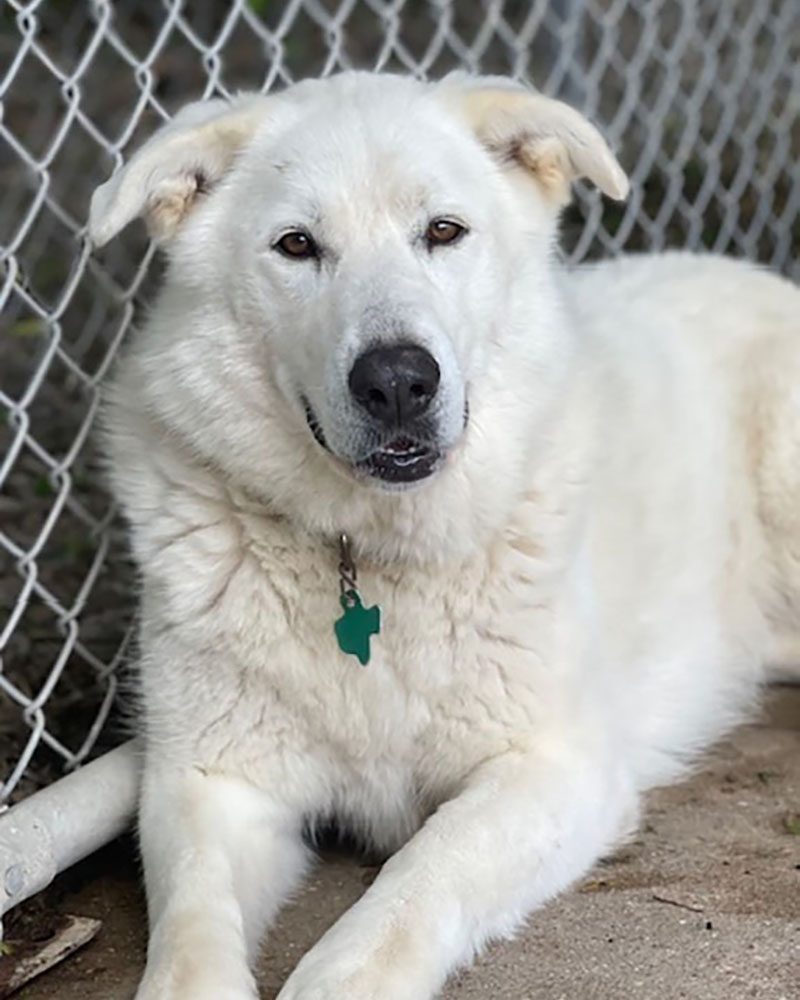
Scarlett
Amazing Transformations!
- All
- Before
- After!
Once you have decided that you want to foster a Great Pyrenees, the first step is to fill out all of the paperwork. The Foster Application tells us about who you are, what your expectations are, and how we can reach you. At any time during this process, please feel free to call and talk with one of our volunteers, who will be happy to answer any questions that you might have.
After all of the paperwork is complete, one of our volunteers will contact you and arrange to do a home visit. This is done to make sure that the pyr you have selected to foster will be compatible with your home and lifestyle Once the home visit has been completed, the area coordinator will work with you to on your first placement.

Once you have decided that you want to foster a Great Pyrenees, the first step is to fill out all of the paperwork. The Foster Application tells us about who you are, what your expectations are, and how we can reach you. At any time during this process, please feel free to call and talk with one of our volunteers, who will be happy to answer any questions that you might have.

After all of the paperwork is complete, one of our volunteers will contact you and arrange to do a home visit. This is done to make sure that the pyr you have selected to foster will be compatible with your home and lifestyle Once the home visit has been completed, the area coordinator will work with you to on your first placement.
